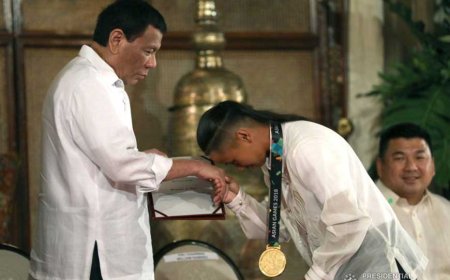Arnis: The Martial Art of the Philippines
The rich history and cultural significance of Arnis, the national sport of the Philippines.
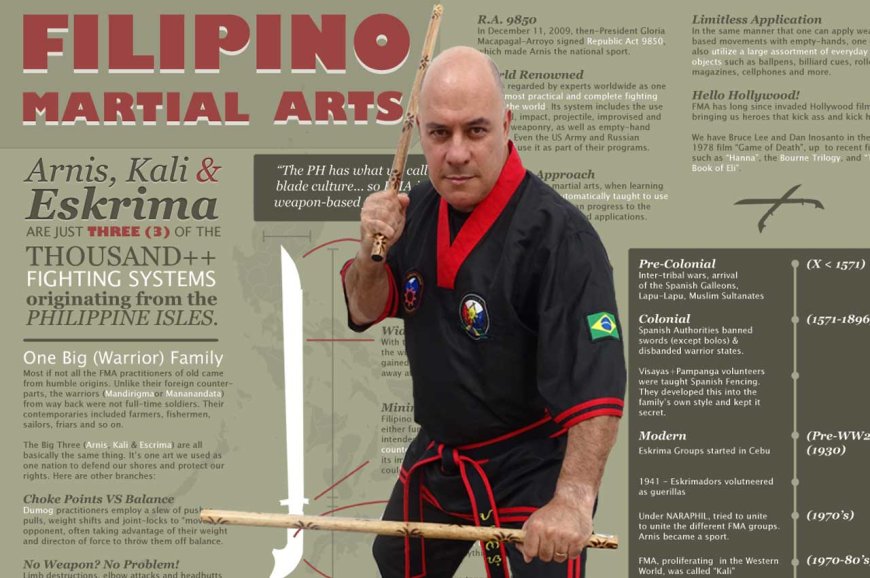
Filipino Heritage and Resilience Through the National Sport
Arnis, also known as Eskrima or Kali, stands as the national sport and martial art of the Philippines. Rooted in centuries of history, Arnis embodies the resilience, adaptability, and rich cultural heritage of the Filipino people. It encompasses a diverse range of techniques, including striking, grappling, and weapon-based combat, making it a comprehensive system of self-defense and physical fitness. Arnis is a living testament to the country's vibrant traditions and the indomitable spirit of its people.
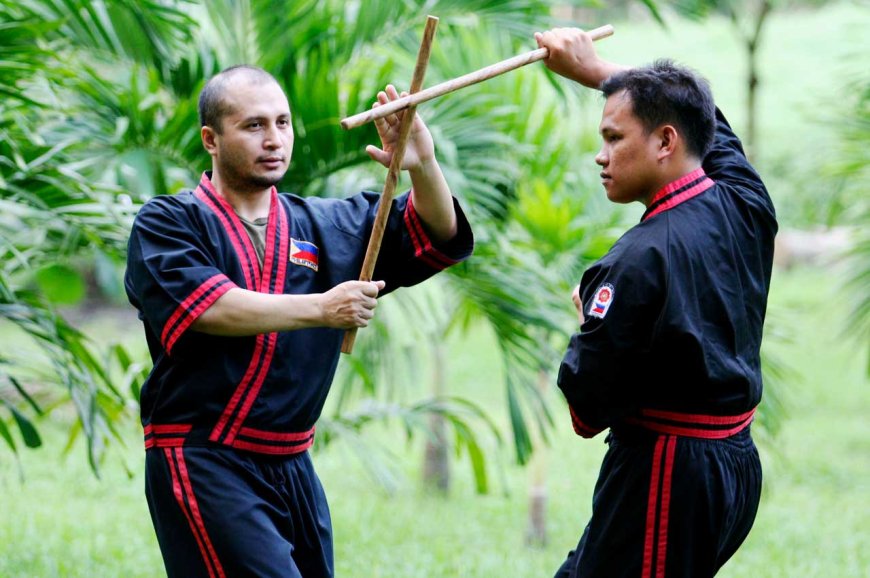 Practicing arnis Credit: Andrew Villasis
Practicing arnis Credit: Andrew Villasis
Ancient Origins and Indigenous Roots
Dating back to pre-colonial times, Arnis traces its origins to the indigenous peoples of the Philippines, who developed it as a means of protection and survival. Through centuries of practice and refinement, it evolved into a sophisticated martial art, passed down from generation to generation. The artistry and skill involved in Arnis reflect the ingenuity and resourcefulness of Filipino ancestors, who used it to defend their communities and preserve their way of life against foreign incursions.
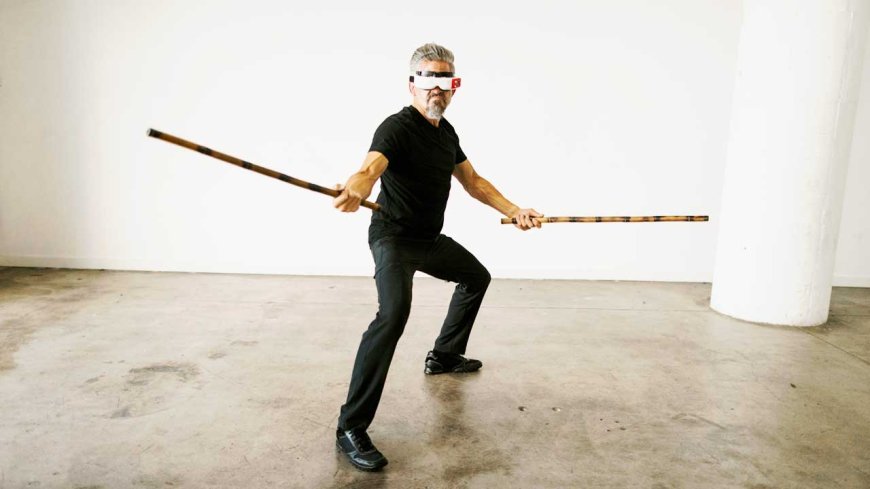
The Influence of Spanish Colonization
During the Spanish colonial period, Arnis faced suppression as colonial authorities sought to quash indigenous practices. However, rather than disappearing, Arnis adapted and thrived in secrecy, with practitioners concealing their training through dance-like movements known as "tiklos" or "tapi-tapi." This fusion of indigenous techniques with Spanish influences not only preserved Arnis but also enhanced its effectiveness, resulting in the emergence of new forms and styles.
 Arnis was declared the national sport in December, 2009
Arnis was declared the national sport in December, 2009
Modern Resurgence and Global Recognition
In the 20th century, efforts to revive and promote Arnis gained momentum, spurred by a growing appreciation for Filipino culture and martial arts worldwide. Different organizations have played pivotal roles in standardizing techniques, organizing competitions, and spreading awareness internationally. Today, Arnis enjoys recognition as a dynamic and competitive sport, with practitioners from all corners of the globe embracing its principles of discipline, respect, and camaraderie.
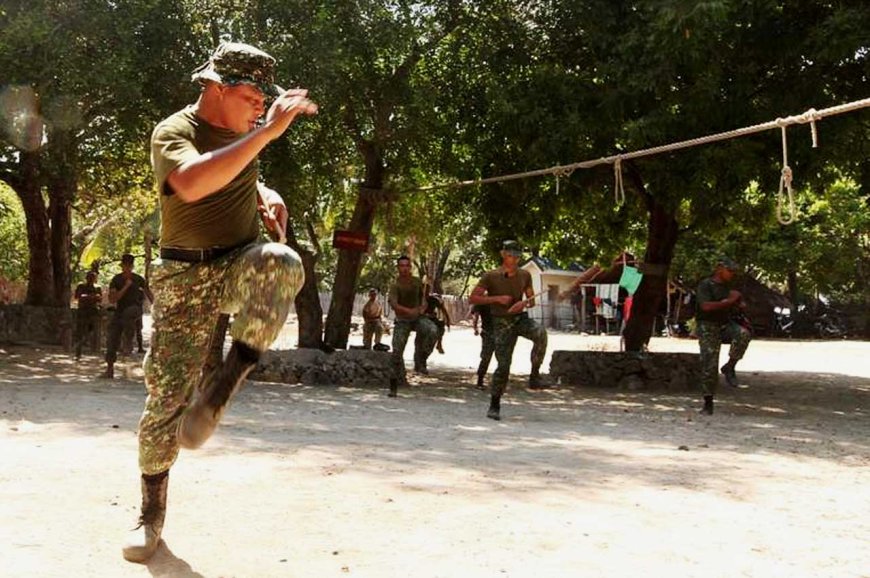 Arnis or Kali is the martial art of choice for the Armed Forces of the Philippines
Arnis or Kali is the martial art of choice for the Armed Forces of the Philippines
Preserving Heritage and Fostering National Identity
Beyond its practical applications, Arnis holds significant cultural and symbolic value for the Filipino people. It serves as a link to their ancestral past, connecting present generations with the wisdom and traditions of their forebears. Moreover, Arnis embodies the spirit of unity and resilience that defines the Filipino nation, transcending barriers of geography, language, and ethnicity. By promoting Arnis as the national sport, the Philippines celebrates its heritage and strengthens its collective identity, fostering pride and solidarity among its diverse populace.
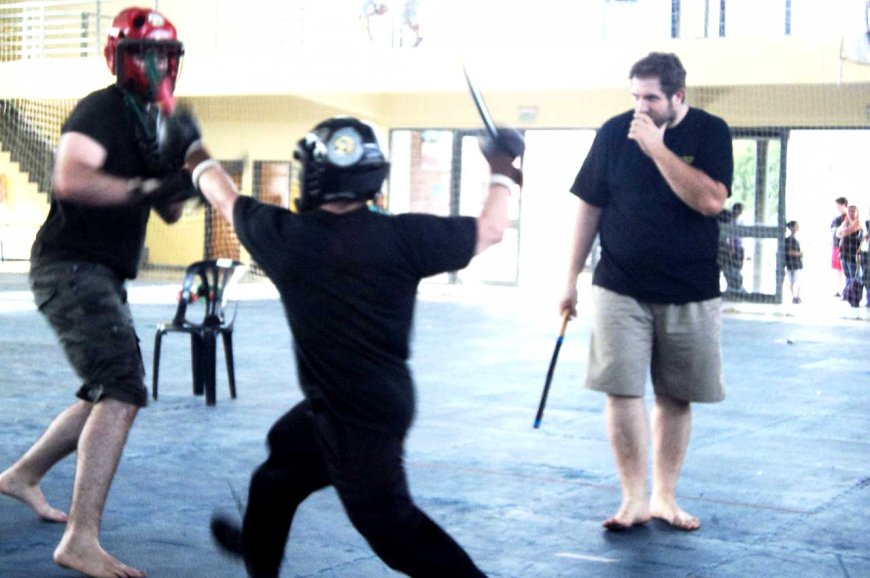 Credit: Leticia Barletta
Credit: Leticia Barletta
Embracing Diversity and Inclusivity
One of the most remarkable aspects of Arnis is its ability to adapt and accommodate diverse practitioners, regardless of age, gender, or background. In Arnis, everyone is welcome, and individuals of all abilities can find a place to learn, grow, and excel. This inclusive ethos reflects the egalitarian values inherent in Filipino society and underscores the universal appeal of Arnis as a sport for all.
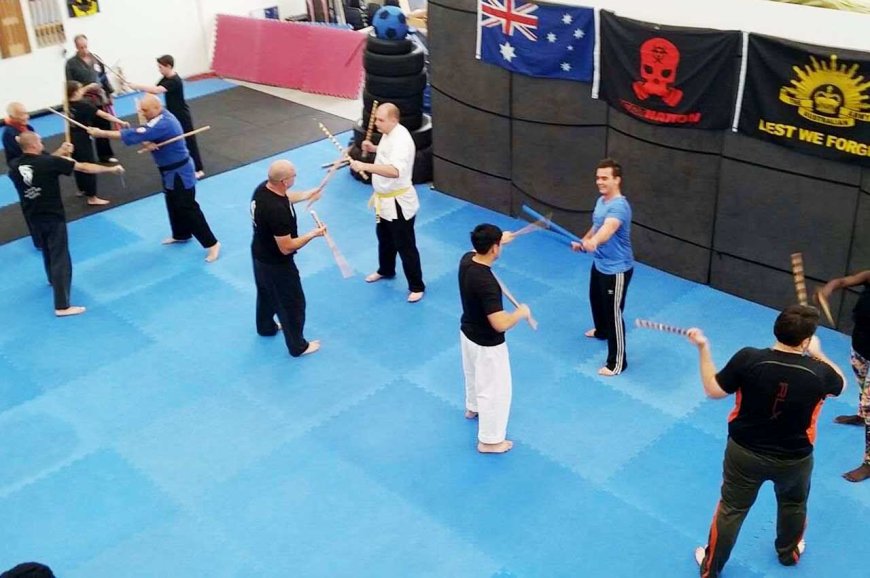
Innovations and Challenges
As Arnis continues to evolve in the 21st century, new challenges and opportunities lie ahead. Innovations in training methods, equipment, and competition formats promise to enhance the sport's accessibility and appeal, attracting a broader audience and inspiring the next generation of practitioners. However, amidst these advancements, it is crucial to preserve the core values and traditions that define Arnis, ensuring that it remains rooted in its cultural heritage while embracing the spirit of innovation and progress.
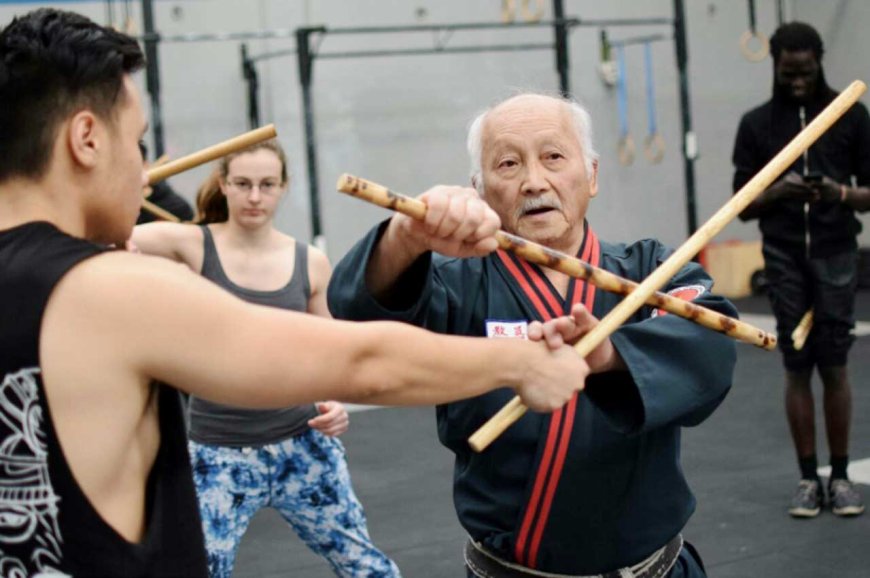
Arnis represents more than just a sport; it embodies the essence of Filipino identity, resilience, and unity. As the national sport of the Philippines, Arnis serves as a powerful symbol of cultural heritage, inclusivity, and excellence, inspiring individuals both within the country and around the world. Through its rich history, diverse techniques, and timeless values, Arnis continues to unite a nation and leave an indelible mark on the global martial arts community.
Find Cheap Flight Tickets to any Destinations in Japan and the Philippines
Nipino.com is committed to providing you with accurate and genuine content. Let us know your opinion by clicking HERE.



















































